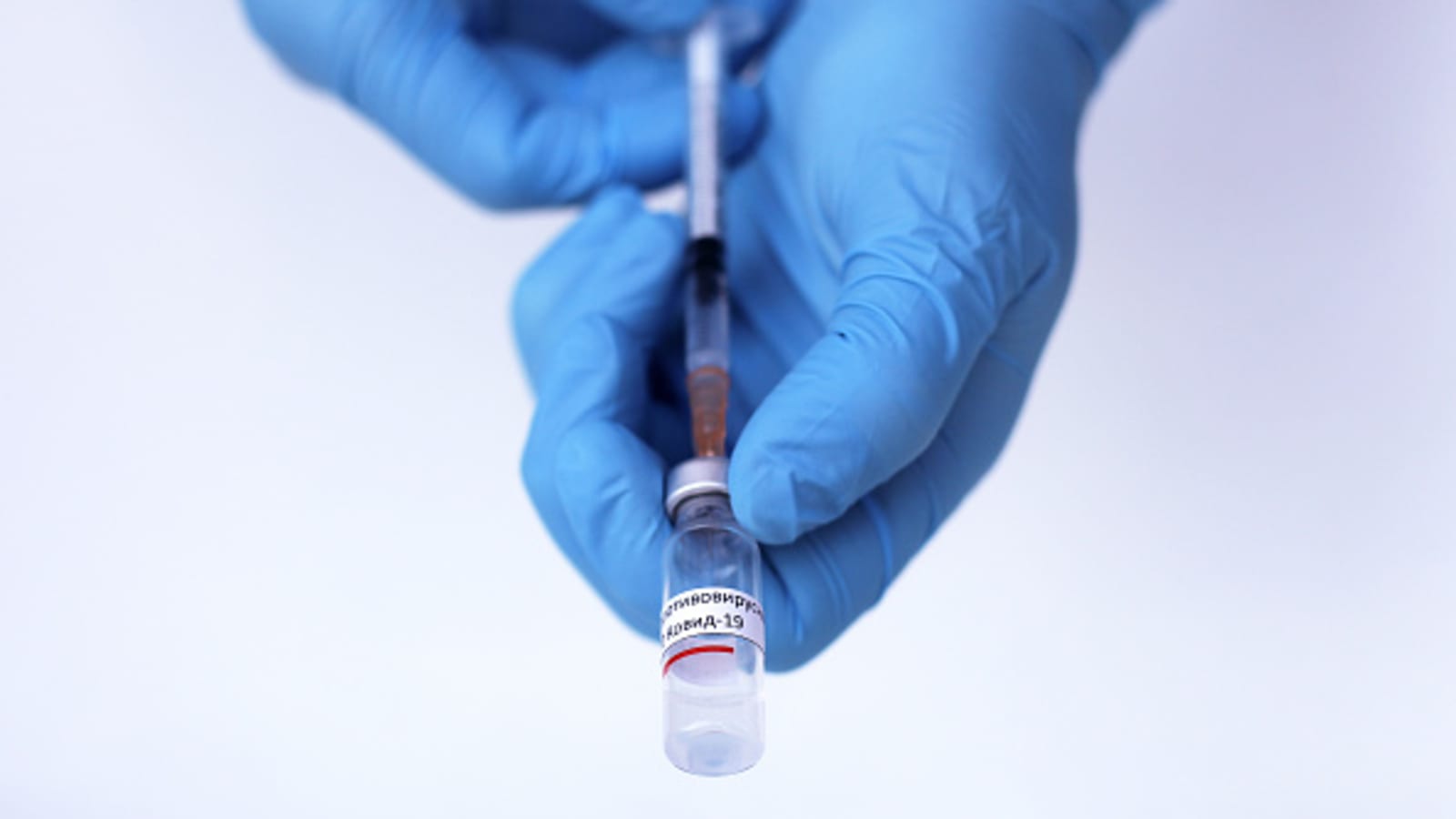
British laboratory AstraZeneca announced Monday that its COVID-19 vaccine, jointly developed with the University of Oxford, is 70 percent effective at preventing the disease.
Egypt has already reserved large quantities of the vaccine, with Minister of Health Hala Zayed announcing that her ministry has obtained 30 percent of the Oxford vaccine, while 20 percent of Egypt’s other vaccine needs are produced by Pfizer.
The lab explained that the results are temporary for clinical trials conducted on a large scale in Britain and Brazil.
AstraZeneca trial’s lead researcher, Andrew Pollard, said that scientists are happy with the results.
He noted that the researchers found that if people were given half a dose followed by a full dose, instead of two full doses, the prevention rate rises to 90 percent.
The results show that we have an effective vaccine that will save many lives, he said.
This vaccine is less convincing than the Pfizer and BioNTech vaccine, whose effectiveness exceeds 90 percent and approaches 95 percent.
The success rate of the vaccine that the US company Pfizer and the German BioNTech have been working on is the highest of any vaccine that has been tested in the last clinical stages so far, and experts say it is a great achievement in the race to end the pandemic.
The final analysis of the experiments conducted on the vaccine comes only a week after the initial results of the Pfizer/BioNTech vaccine, which showed that the vaccine is more than 90 percent effective.
American company Moderna subsequently released preliminary data on its vaccine showing its 94.5 percent effective.
The Pfizer/BioNTech vaccine was 94 percent effective among people over the age of 65, which experts described as very important as the virus spreads across the globe at a record rate.
The experimental Moderna vaccine came second place in terms of effectiveness, as the company revealed that its experimental vaccine is 94.5 percent effective in prevention, based on temporary data on late-stage clinical trials.
The European Union has been holding talks with Moderna regarding its experimental vaccine since July, according to Reuters.
Although the two vaccines, are more effective than the one produced by the University of Oxford, the latter is distinguished by being able to be stored at higher temperatures instead of a freezer.




